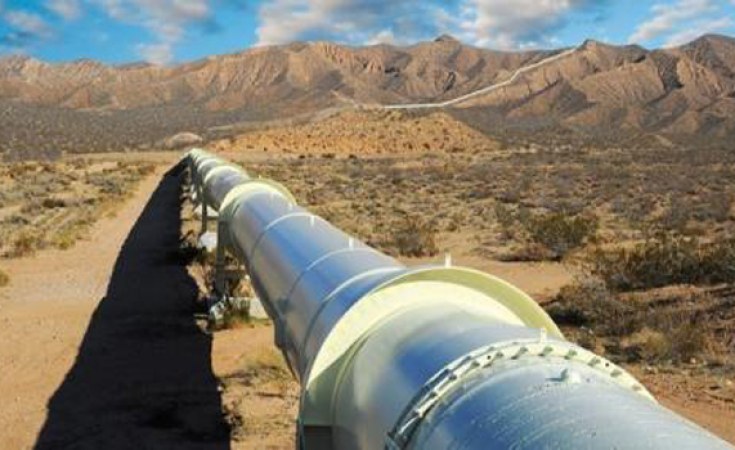Cape Town — French energy giant TotalEnergies is preparing to submit its final application for approval to drill up to five wells for oil or gas between Cape Town and Cape Agulhas, writes Liezl Human for GroundUp.
The application is one in a rush of offshore oil and gas applications along South Africa's coast. This is part of a wider expansion by multinational companies into Africa, as a recent report by environmental research group Urgewald, in partnership with dozens of organisations in Africa and Europe, shows.
TotalEnergies faces additional scrutiny over the multibillion euro East African crude oil pipeline project which it has funded together with the China National Offshore Company (CNOC). The pipleline's development gained new significance following the iRussian-Ukranian War.
Russia's invasion prompted moves by many countries to reduce their dependence on imports of Russian oil and gas. These shifts, combined with western oil and gas companies dumping their Russian interests, present an opportunity to other petroleum-producing countries, albeit one tempered by actions to address the climate crisis. This has led governments and commentators to discuss African producers as potential beneficiaries of Europe's supply gap, with talk of a "seismic shift" to Africa and of the continent as "Europe's next gas station".
Currently under construction, the East African Crude Oil Pipeline (EACOP) pipeline will transport oil hundreds of kilometres from Uganda to a port in Tanzania. The U.S.-based Climate Accountability Institute (CAI) has warned EACOP will emit 379 million tonnes of carbon over its 25-year lifespan - a so-called "mid-sized carbon bomb" that exceeds France's own national estimates for 2020.
A discussion between the Centre for Sustainability Transitions (CST) and The South African Institute of International Affairs (SAIIA) weighed in on how this war could impact the transition away from fossil fuels amid the climate emergency and whether it will hasten the transition or not.
While the war may have provided a short term set back to global climate goals, it is likely that in the long run it will accelerate the energy transition. If companies and nations are incentivised to adopt of a range of lower carbon energy sources, the transition would happen faster.
The oil giant's move also comes in the wake of a similar case involving an application by Shell which seeks to perform a seismic survey off the Wild Coast despite a high court ruling which deemed the authorisation it initially received to do so as being "unlawful".
Furthermore, non-profit organisation Save the Wild Coast has called for the urgent protection of the coastline in order to preserve numerous archaeological, palaeontological and historical sites.


